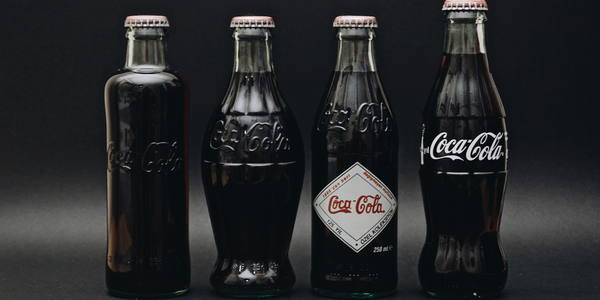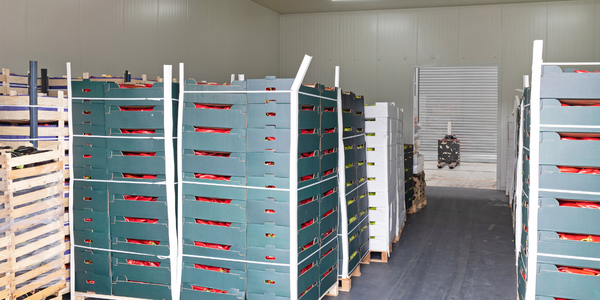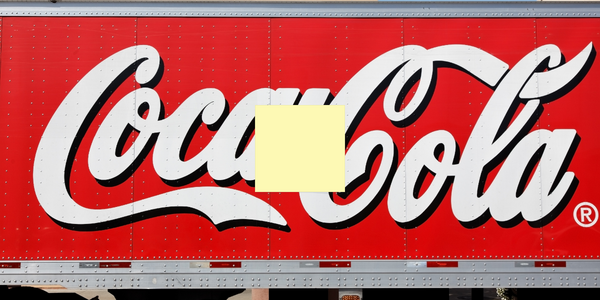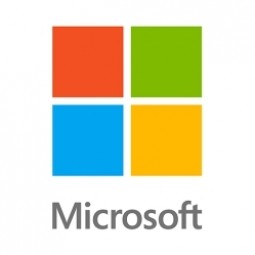
Technology Category
- Infrastructure as a Service (IaaS) - Cloud Storage Services
Applicable Industries
- Food & Beverage
Applicable Functions
- Sales & Marketing
The Customer
HEINEKEN
About The Customer
HEINEKEN
The Challenge
For 2012 campaign, the Bond promotion, it planned to launch the campaign at the same time everywhere on the planet. That created unprecedented challenges for HEINEKEN—nowhere more so than in its technology operation. The primary digital content for the campaign was a 100-megabyte movie that had to play flawlessly for millions of viewers worldwide. After all, Bond never fails. No one was going to tolerate a technology failure that might bruise his brand.
Previously, HEINEKEN had supported digital media at its outsourced datacenter. But that datacenter lacked the computing resources HEINEKEN needed, and building them—especially to support peak traffic that would total millions of simultaneous hits—would have been both time-consuming and expensive. Nor would it have provided the geographic reach that HEINEKEN needed to minimize latency worldwide.
The Solution
With Azure, HEINEKEN didn’t have to invest in managing servers, so they could focus on delivering the most successful campaign. To help deliver that successful campaign, the company used the Azure Content Delivery Network to make the digital content available quickly, reliably, and globally to 10.5 million consumers.
Futhermore, to meet 2013 campaigns requirements, HEINEKEN expanded its use of Azure from one datacenter to four—one each in Europe and Asia, and two in the US—gaining geo-redundancy and low latency. Data was stored in Azure Table Storage for asynchronous updates. The storage was structured with 10,000 partitions—up from 10 initially—for the requisite scalability. HEINEKEN developed the solution using Microsoft Visual Studio 2013. The architecture was tested with a Visual Studio load-testing cluster to generate the load and test the application without testing the Internet. Microsoft Services consultants helped develop and load-test the solution, and resolve performance issues.
Futhermore, to meet 2013 campaigns requirements, HEINEKEN expanded its use of Azure from one datacenter to four—one each in Europe and Asia, and two in the US—gaining geo-redundancy and low latency. Data was stored in Azure Table Storage for asynchronous updates. The storage was structured with 10,000 partitions—up from 10 initially—for the requisite scalability. HEINEKEN developed the solution using Microsoft Visual Studio 2013. The architecture was tested with a Visual Studio load-testing cluster to generate the load and test the application without testing the Internet. Microsoft Services consultants helped develop and load-test the solution, and resolve performance issues.
Operational Impact
Quantitative Benefit

Case Study missing?
Start adding your own!
Register with your work email and create a new case study profile for your business.
Related Case Studies.

Case Study
The Kellogg Company
Kellogg keeps a close eye on its trade spend, analyzing large volumes of data and running complex simulations to predict which promotional activities will be the most effective. Kellogg needed to decrease the trade spend but its traditional relational database on premises could not keep up with the pace of demand.

Case Study
Energy Management System at Sugar Industry
The company wanted to use the information from the system to claim under the renewable energy certificate scheme. The benefit to the company under the renewable energy certificates is Rs 75 million a year. To enable the above, an end-to-end solution for load monitoring, consumption monitoring, online data monitoring, automatic meter data acquisition which can be exported to SAP and other applications is required.

Case Study
Coca Cola Swaziland Conco Case Study
Coco Cola Swaziland, South Africa would like to find a solution that would enable the following results: - Reduce energy consumption by 20% in one year. - Formulate a series of strategic initiatives that would enlist the commitment of corporate management and create employee awareness while helping meet departmental targets and investing in tools that assist with energy management. - Formulate a series of tactical initiatives that would optimize energy usage on the shop floor. These would include charging forklifts and running cold rooms only during off-peak periods, running the dust extractors only during working hours and basing lights and air-conditioning on someone’s presence. - Increase visibility into the factory and other processes. - Enable limited, non-intrusive control functions for certain processes.

Case Study
Temperature Monitoring for Restaurant Food Storage
When it came to implementing a solution, Mr. Nesbitt had an idea of what functionality that he wanted. Although not mandated by Health Canada, Mr. Nesbitt wanted to ensure quality control issues met the highest possible standards as part of his commitment to top-of-class food services. This wish list included an easy-to use temperature-monitoring system that could provide a visible display of the temperatures of all of his refrigerators and freezers, including historical information so that he could review the performance of his equipment. It also had to provide alert notification (but email alerts and SMS text message alerts) to alert key staff in the event that a cooling system was exceeding pre-set warning limits.

Case Study
Coca-Cola Refreshments, U.S.
Coca-Cola Refreshments owns and manages Coca-Cola branded refrigerators in retail establishments. Legacy systems were used to locate equipment information by logging onto multiple servers which took up to 8 hours to update information on 30-40 units. The company had no overall visibility into equipment status or maintenance history.

Case Study
Versiondog Comes for Coffee
“Well before it went live, we had worked out a clear plan for exactly how we were going to use the new versiondog versioning and data management software from AUVESY,” says Michael Mrugalla, who works in process automation at the Mainz plant. “We also had to think about what backups really meant for us. With all our field devices, control programs, drive systems, programming languages, file formats and software applications, we needed to know precisely what we have to back up in case a breakdown (e.g. a power outage) stops production. Because the whole point of making a backup is to be able to recover data quickly and easily when something goes wrong and continue working as if nothing had happened. But that means more than simply restarting production, it also means we need to be able to pick up where we left off with our ongoing process maintenance and optimisation.” It was particularly important to Nestlé that their backup strategy be built around a sin-gle continually active and universally appli-cable solution. And they wanted it to maintain a centralised backup of all the data necessary for both recovery and further development for all devices and all related projects (i.e. every piece of hardware and software). And the programs actually running on controllers need to correspond precisely with the data on the server. If not, the reason must be easily identifiable and the valid version always available to be reloaded onto the device.






